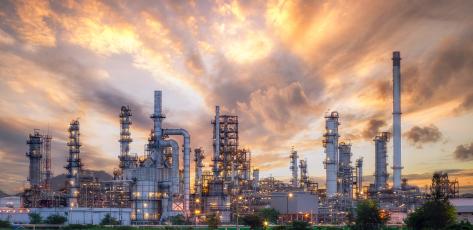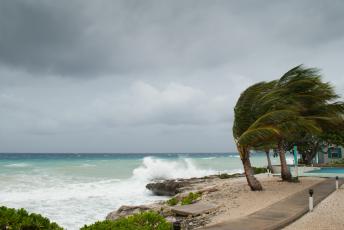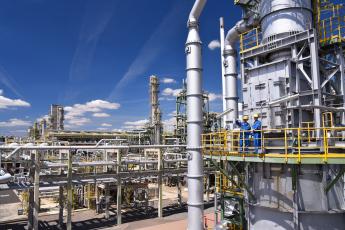Winter in some parts of the country means it’s time to breakout the snow boots, warm winter gear and shovels, but to people in the southwest United States, this isn’t a part of their winter customs. Millions were left unprepared for the historic winter storm Uri that passed through the Southeast in February 2021. The power outages that lasted for days left many questioning if companies are prepared to potentially face another severe winter weather event this year.
Last year’s storm was unprecedented and our nation’s refiners and petrochemical manufacturers learned from the experience to prepare for this winter season. For years, the U.S. refining and petrochemical industries have closely watched weather activity and put plans in the place for extreme events, like hurricanes. But last year’s winter freeze brought on new and unexpected challenges in Texas. Since then, our facilities and many other businesses in the area have taken extra precautions.
AFPM members go into every weather event with the objective of maintaining safe plant operations that result in no exposure to the environment and community, and to limit production and economic loss, whether due to freezing weather or hurricanes. Preparations for this year’s winter season began as early as August in some locations.
Similar to hurricane planning, plants identify supplies needed including ice melting pellets, shoe cleats, insulation, spare parts for equipment, among others. Around the clock staffing is necessary and planned in advance, and shutdown and restart plans are coordinated. A number of personnel at plants undergo regular training in emergency response to be prepared for any type of event, now including deep freezes. And after every storm a detailed critique is performed to identify opportunities for improvement.
In addition, companies have plans in place to activate Emergency Operations Centers to maintain the safety of employees and facilities. In advance of winter storms, some companies define freeze levels and establish actions to take at different levels. For example, certain actions are taken when the temperature is expected to fall below 32-degrees Fahrenheit (F), others when it’s expected to be between 20- and 32-degrees F for more than 24 hours, and others for more than 48 hours.
Pre-storm or cold spell actions include preparations to protect the following equipment from freezing:
- Fire protection systems
- Exposed piping and valves
- Safety shower and eye wash systems
- Portable water systems
- Wastewater and sewer systems
- Compressed air systems
- Cooling towers
- Utility block and bleed systems
- Process lines and inter-plant transfer lines
In addition to working hard to ensure that their facilities are secure and prepared to withstand all types of weather events, AFPM and our member companies have formed strong partnerships with key government agencies, organizations and local first responders to develop communications and preparedness plans. This industry-government communication and coordination has been ongoing for years and has resulted in the sharing of relevant, real-time information. This partnership, established more than a decade ago, has proven invaluable in past events, from storms to pandemics, by providing a forum to coordinate oil and natural gas industry emergency response plans, coordinate requests with and from government agencies and help maintain the security and reliability of our nation’s critical infrastructure.
“AFPM has built and maintains a strong relationship with the Department of Energy and Department of Homeland Security and serves as an effective conduit for information throughout the year, especially during emergencies like last year’s deep freeze. This relationship allows us to aid our members and government agencies in requests for assistance and our ongoing communications helps us to safely weather any type of storm,” said AFPM Senior Director of Security Jeff Gunnulfsen.
Our fuel and petrochemical companies are always looking for ways to provide the highest level of safety at their facilities through every type of event, year-round – rain, wind or snow. We’ve taken precautions to safely get through this winter season, we hope that you have done the same and stay safe and warm.


